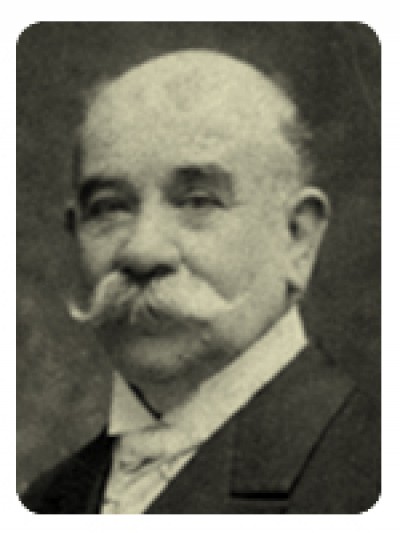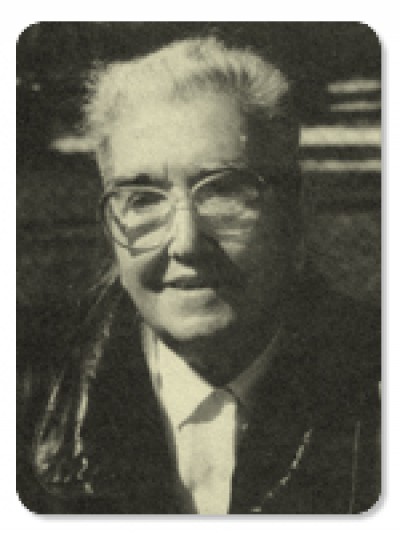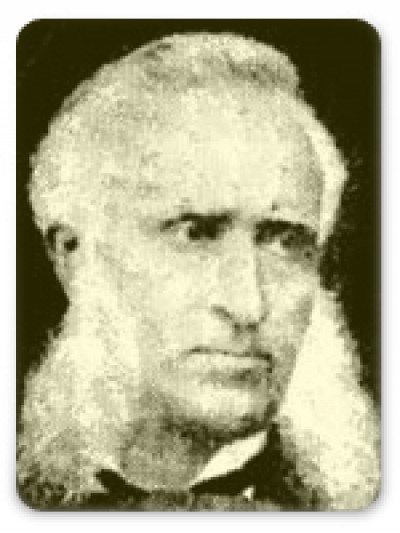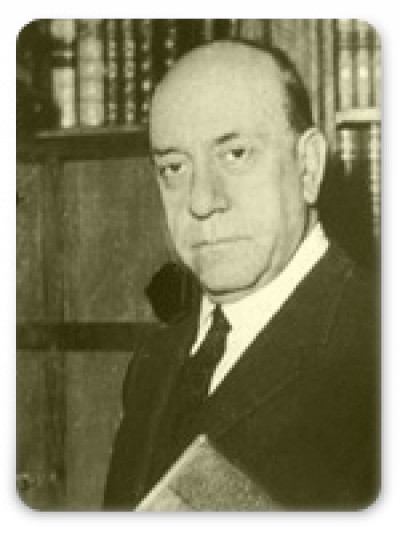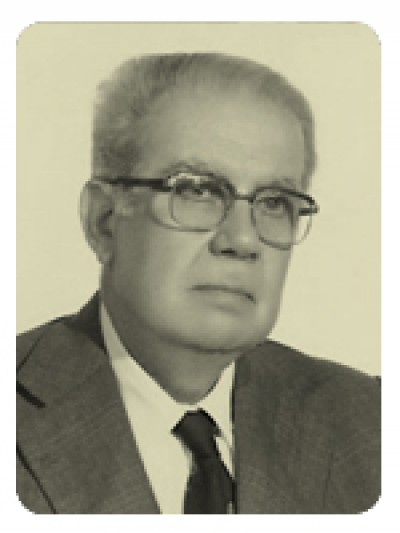Characterized by his modesty, Joan Cadevall who “did not aspire that his name could one day appear next to those of Costa, Trèmols, Vayreda…, all worthy scientists; would have been satisfied that it appeared after them, at a respectful distance…”, as explained by Pius Font i Quer on the long obituary he dedicated to him, became one of the leading scientists of the late nineteenth and early twentieth centuries in Catalonia.
She devoted over 50 years of her life to teaching. Daughter and granddaughter of teachers, she continued the type of open and innovative school promoted by her mother, the pedagogue Rosa Sensat i Villa. In her own words, “education is a more a work of love than of science.”
He was teacher of zoology in the Museo Nacional de Ciencias Naturales in 1837; he became Professor of anatomy and physiology in the University of Madrid in 1843 and was one of the founders of the Société Entomologique of France.
Doctor. He studied with Francesc Esquerdo i Ferrer i Soldevicens, and in 1927 he became Professor of pathology and clinical medicine at the faculty of medicine in Barcelona, where he was also a teacher. He attended several congresses and was the president of different institutions: the Instituto Médico-farmacéutico, the Academia de Ciencias Médicas (1939-58) and the Academia de Medicina de Barcelona (1957-71).
Engineer and professor of electrical engineering at the Technical University of Catalonia (UPC). A beloved professor, a renowned engineer and a respected academic figure, Enric Ras i Oliva led engineering beyond where it seemed possible to when he began to practice it, amidst the Spanish Civil War. Involved not only in his work, but in the development and the future of engineering in Catalonia, he also managed to emphasize the importance of the social and ecological responsibility it entailed.

